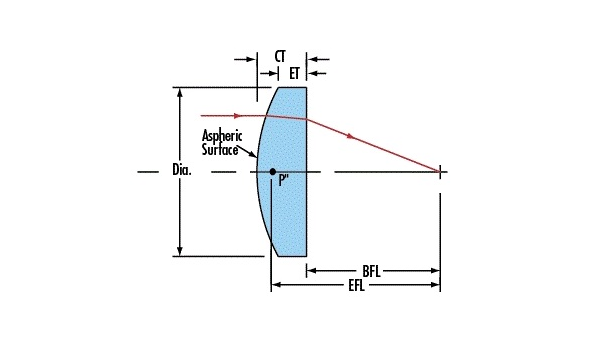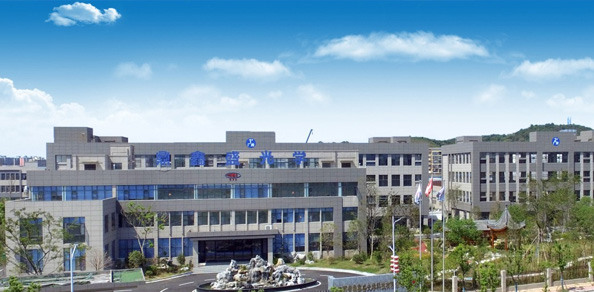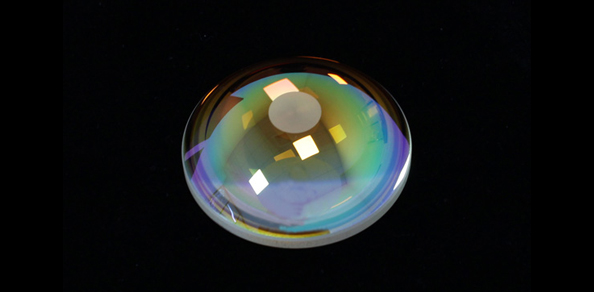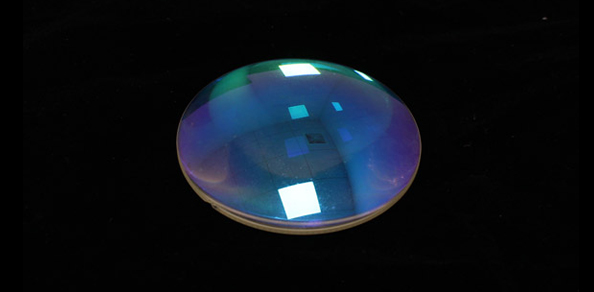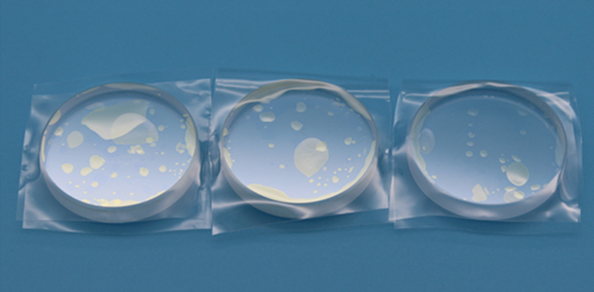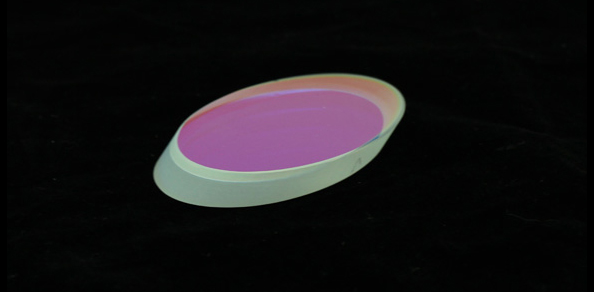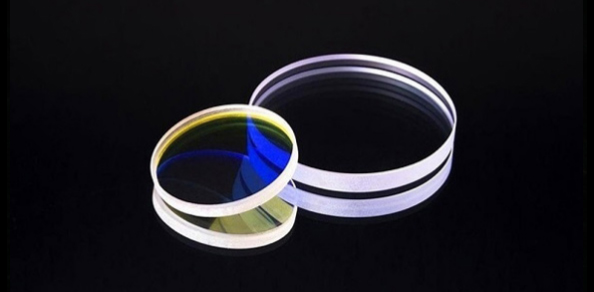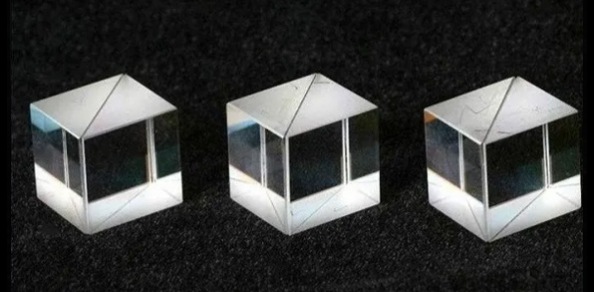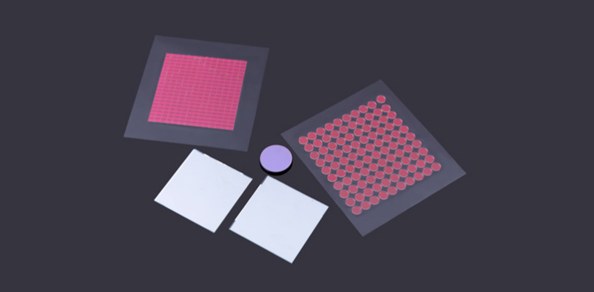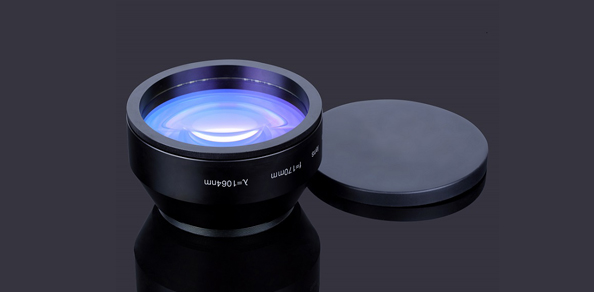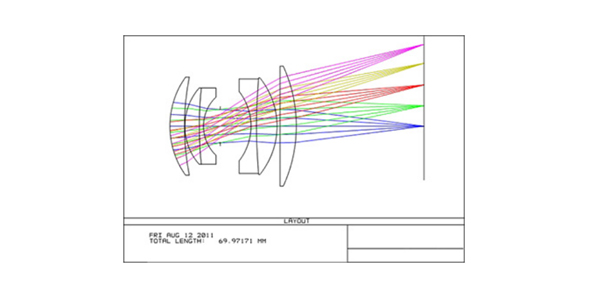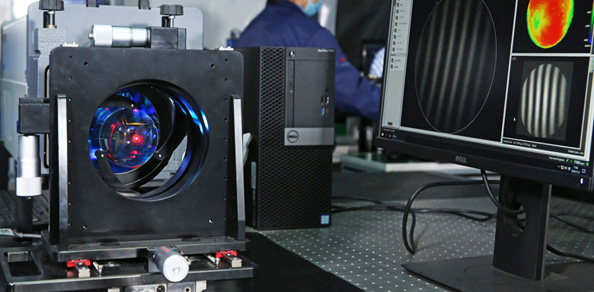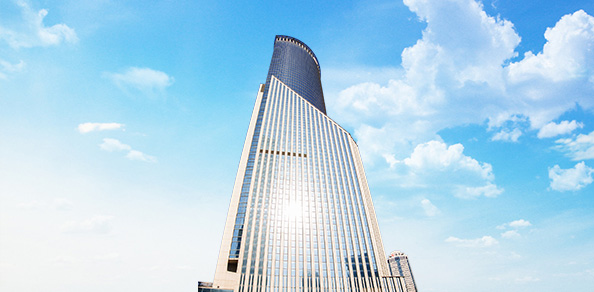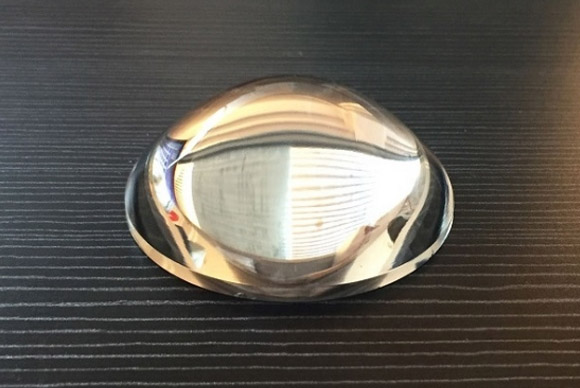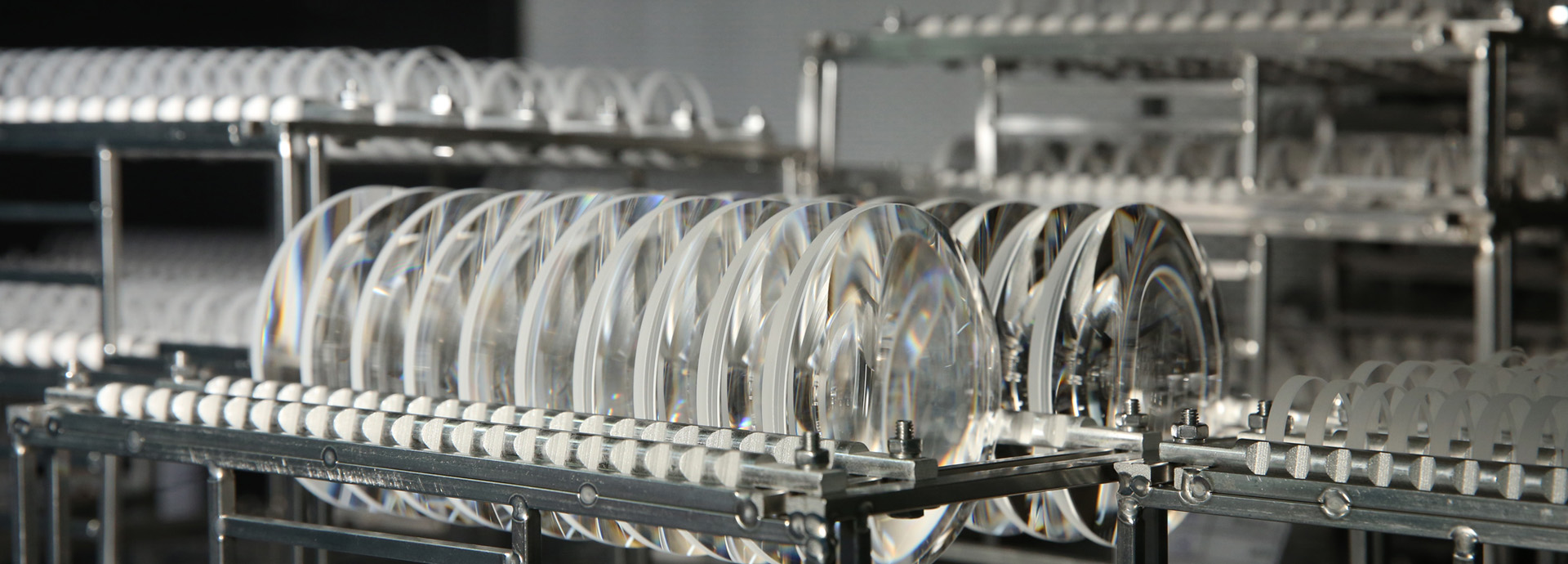
Customized B270, Corning non spherical lens can be coated with anti reflective film, spectral film, reflective film
Material:BK7,fused silica、ZnSe、ZnS、Ge、Si、GaF2、MgF2、Al2O3、Optical glass, etc
Design wavelength:400nm、635nm、520nm、786nm、530nm、800nm、655nm(Can be customized according to user needs)
Focal length tolerance:±1%
Appearance tolerance:+0.00/-0.10mm
Thickness tolerance:±0.2mm
Surface accuracy:After optimizationPV<0.2μm
Surface finish:40-20
Eccentricity:<90°
Coating:(Coating can be applied according to user needs)
Consult immediately
Details Introduction
Non spherical lenses adopt a single component design, which helps reduce the number of lenses in multi lens optical components. In other words, unlike traditional lenses with spherical shapes, non spherical lenses have more complex surfaces that gradually change curvature l continuously from the center of the lens towards the edge of the lens. The reduction in the total number of components not only helps to reduce the size or weight of the system, but also simplifies the assembly process. The most significant advantage is that it can correct the spherical aberration caused by spherical lenses in collimation and focusing systems. By adjusting the surface constants and non spherical coefficients, non spherical lenses can minimize spherical aberration to the greatest extent possible. Non spherical lenses (where light converges at the same point, providing optical quality) essentially eliminate the spherical aberration caused by spherical lenses (where light converges at different points, resulting in blurry images). Integrating non spherical surfaces into applications, such as focusing the output of laser diodes, can not only reduce overall costs, but also outperform components designed with traditional spherical optical lenses.
